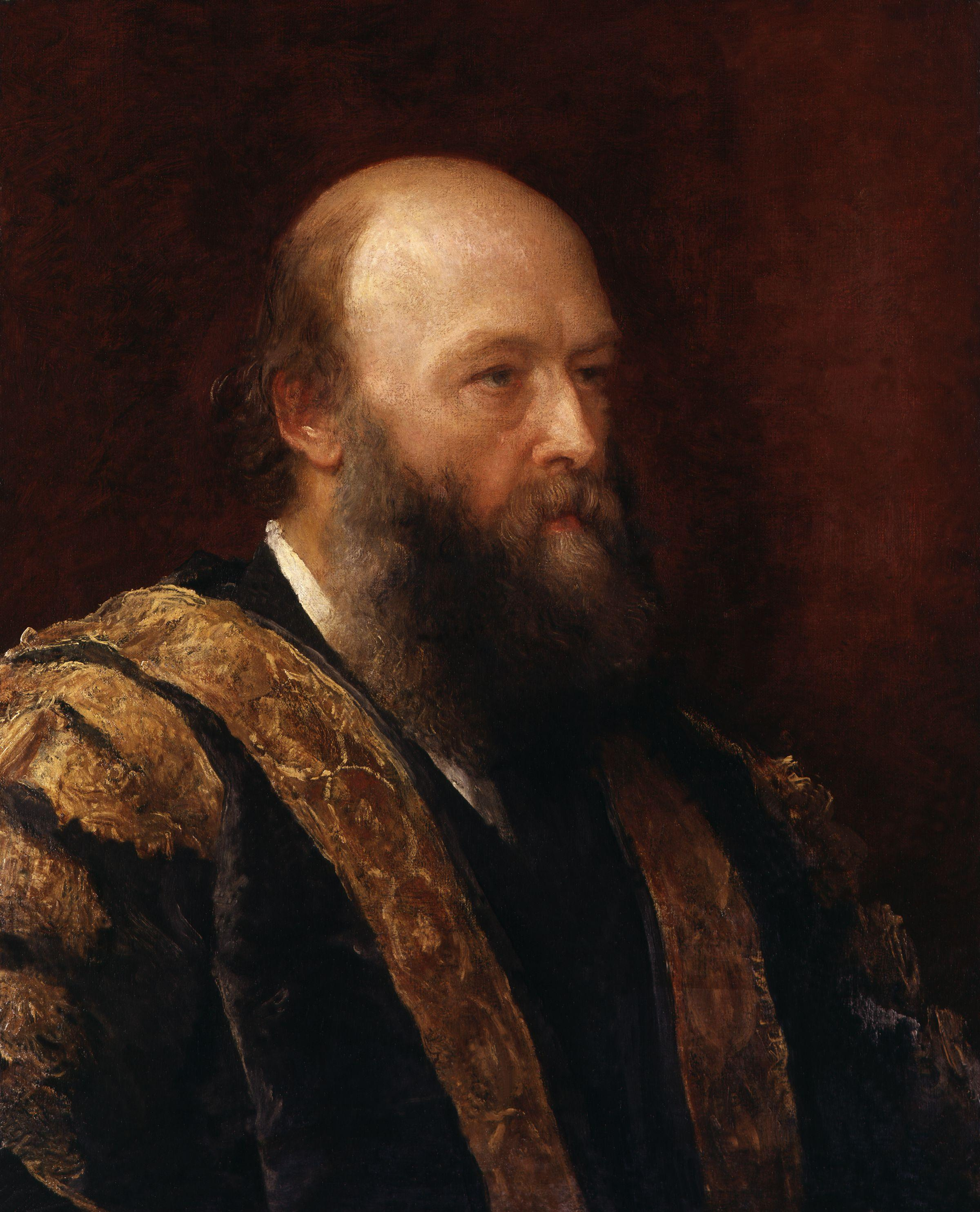„Szczypta doświadczenia jest warta tonę teorii.”
A gram of experience is worth a ton of theory. (ang.)
Źródło: Saturday Review (1859)
Robert Arthur Talbot Gascoyne-Cecil, 3. markiz Salisbury KG, GCVO – brytyjski polityk, wielokrotny minister spraw zagranicznych i premier Wielkiej Brytanii w latach 1885–1886, 1886–1892 i 1895–1902. W czasie trzeciej kadencji Salisbury’ego trwała II wojna burska i zmarła królowa Wiktoria. Zastąpił Benjamina Disraelego jako przywódca konserwatystów. Wikipedia

„Szczypta doświadczenia jest warta tonę teorii.”
A gram of experience is worth a ton of theory. (ang.)
Źródło: Saturday Review (1859)
„Od Kapsztadu do Kairu – wszystko brytyjskie.”
Źródło: George Bidwell, Król diamentów, Katowice 1979
Speech http://hansard.millbanksystems.com/commons/1867/may/30/committee-progress-may-28 in the House of Commons (30 May 1867) against John Stuart Mill's proposal for electing MPs by proportional representation
1860s
Quarterly Review, 112, 1862, pp. 547-548
1860s
‘The Conservative Reaction’, The Quarterly Review, vol. 108 (July & October 1860), p. 276
1860s
Speech at Edinburgh (24 November 1882), from in G. Cecil, The Life of Robert, Marquis of Salisbury. Volume III, p. 65
1880s
“Solitude shows us what should be; society shows us what we are.”
Richard Cecil, as quoted in Remains of Mr. Cecil (1836) edited by Josiah Pratt, p. 59
Misattributed
Speech at the Oxford Union (February 1850), from H. A. Morrah, The Oxford Union. 1823-1923 (1923), p. 139
1850s
Speech to the National Union of Conservative and Constitutional Associations in St. James's Hall, London (15 May 1886), quoted in The Times (17 May 1886), p. 6
1880s
Quoted in Salisbury — Victorian Titan (1999) by Andrew Roberts
1890s
At the opening of the Liverpool Overhead Railway, 4 February 1893. Quoted in the Liverpool Echo of the same day, p. 3
1890s
Źródło: 'Democracy on its Trial', Quarterly Review, 110, 1861, p. 281
“The commonest error in politics is sticking to the carcass of dead policies.”
Letter to Robert Bulwer-Lytton, 1st Earl of Lytton (25 May 1877), as quoted in G. Cecil, The Life of Robert, Marquis of Salisbury. Volume II, p. 145
1870s
Speech http://hansard.millbanksystems.com/lords/1898/feb/08/the-queens-speech-reported-by-the-lord in the House of Lords (8 February 1898)
1890s
Źródło: 'English Politics and Parties', Bentley's Quarterly Review, 1, (1859), pp. 28-29
Speech to the third annual banquet of the Kingston and District Working Men's Conservative Association (13 June, 1883), quoted in 'The Marquis Of Salisbury At Kingston', The Times (14 June 1883), p. 7
1880s
Źródło: Speech https://api.parliament.uk/historic-hansard/lords/1897/jan/19/address-in-answer-to-her-majestys-most#column_29 in the House of Lords (19 January 1897), expressing regret for Britain's support of the Ottoman Empire in the Crimean War
Źródło: Defending increased naval expenditure; speech in Brighton (19 November 1895), quoted in The Times (20 November 1895), p. 7
Źródło: Defending increased naval expenditure; speech in Brighton (19 November 1895), quoted in The Times (20 November 1895), p. 7
Źródło: Speech in the House of Lords (25 November 1891), quoted in Michael Bentley, Lord Salisbury's World: Conservative Environments in Late-Victorian Britain (2001), p. 226
Źródło: Speech in the House of Lords (6 March 1890), quoted in The Times (7 March 1890), p. 6
Źródło: Speech in Bristol (22 April 1889), quoted in The Times (24 April 1889), p. 6
Źródło: Defending increased naval expenditure; speech in Bristol (22 April 1889), quoted in The Times (24 April 1889), p. 6
Źródło: Speech in the House of Lords (6 July 1888), quoted in Michael Bentley, Lord Salisbury's World: Conservative Environments in Late-Victorian Britain (2001), p. 231
Źródło: Letter to Arthur Balfour after the Conservative defeat in the general election (10 April 1880), quoted in Salisbury–Balfour Correspondence, ed. Robin Harcourt Williams (1988), p. 40
Źródło: Letter to Benjamin Disraeli (16 July 1875), quoted in Marvin Swartz, Politics of British Foreign Policy in the Era of Disraeli and Gladstone (1985), p. 17
Źródło: Minute (20 April 1875), quoted in E. D. Steele, 'Salisbury at the India Office', in Lord Blake and Hugh Cecil (eds.), Salisbury: The Man and his Policies (1987), p. 141
'Parliamentary Reform', Quarterly Review, 117, 1865, p. 550